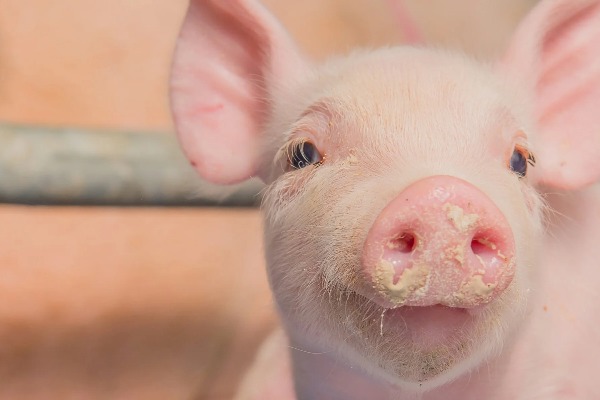De Heus Animal Nutrition Kenya, the local subsidiary of the Dutch feed milling giant, is on the verge of a major breakthrough with the near-completion of its raw material warehouse.
This facility is a key part of the company’s larger plan to establish its first dedicated animal feed plant in Kenya, a KES 3 billion (US$23 million) investment located near Athi River.
With the warehouse set to be completed in the coming weeks, De Heus is enhancing its capacity to provide a steady supply of products to support Kenyan farmers.
This development comes as the company strives to increase its share of the country’s animal feed market to 3.5% by year-end, up from its current 2% stake in the poultry, swine, and ruminant feed segments.
The new, cutting-edge facility, expected to be fully operational by mid-2025, will have the capacity to produce 200,000 metric tons of premium animal feed annually, with a focus on meeting the needs of the poultry, ruminant, and swine sectors.
“Our commitment is to support the health and performance of your animals, helping you achieve optimal results and success in your farming endeavors,” said Wiehan Visagie, General Manager of De Heus Kenya.
In addition to creating 250 direct and 1,000 indirect jobs, the new plant will enable De Heus to further penetrate Kenya’s expanding animal feed market, which is projected to grow at a compound annual growth rate (CAGR) of 5.8% between 2024 and 2030, according to a report by 6Wresearch.
This growth is being fueled by increasing demand for livestock products such as milk, meat, and eggs, along with the growing adoption of high-quality feed by farmers aiming to boost livestock health and productivity.
De Heus is placing particular emphasis on the poultry sector as a key driver of growth ahead of the plant’s operational launch.
“We are seeing a significant rise in the demand for poultry products, particularly meat and eggs. Many blue-collar workers in both peri-urban and rural areas are increasingly engaging in poultry farming as a side business,” explained Sam Ochieng, Chief Financial Officer of De Heus Kenya.
De Heus Kenya reports that the average Kenyan consumes approximately 1.26 kilograms of broiler chicken and 36 eggs (equivalent to 2.6 kilograms) per year.
With Kenya’s poultry population estimated between 43.2 million and 49.7 million, the demand for high-quality broiler and layer feed continues to rise.
De Heus projects a 15% increase in its market share by 2027, two years after the Athi River plant becomes fully operational.
In the meantime, the company is strengthening its partnerships with local distributors and targeting key regions, including Central, Rift Valley, Western, and Coastal Kenya, to expand its presence in the dynamic animal feed market.









